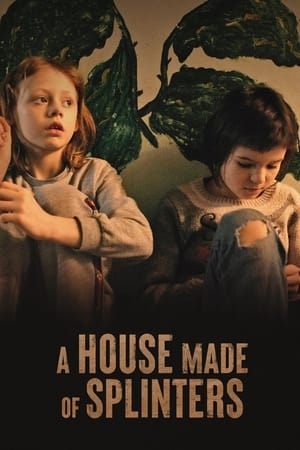
A House Made of Splinters
This is quite a touching documentary that follows the lives of some young children who are not orphaned in the traditional sense, but who are subject to ongoing legal proceedings relating to their parents and guardians. For many of these boisterous and confused youngsters, this large hostel is the safest place for them to be - but with many very young and unsettled, the task for the facility's administrators is very much eggshell treading territory. It's set in Ukraine - before Russia invaded, but it could actually quite readily relocate to many places around the world where the traditional family units have long stopped functioning effectively - either as a result of neglect, or tragedy, or just parents who cannot cope with children with special requirements or behavioural difficulties. This institution is not a permanent solution, and as we are introduced to the kids we appreciate that their futures are all pretty fluid. Another orphanage? Adoption? Can siblings stay together? "I just want to go home" is a phrase oft said by boys and girls alike as they struggle to navigate this unwelcome uncertainty. The downside of productions like this, though, is keeping the camera in it's proper (discrete) place. Here, that doesn't really work and frequently the actions and reactions look just a bit too staged. How are you expected to get a genuine reaction from an eight year old when there's a camera crew adjacent? There are scenes of intimacy at which we simply do not belong, let alone need a front row seat for. The skill from the director requires us to see enough, but not everything - and to know when to call an halt to the intrusion of our observations. That skill isn't so evident here. There are some fairly characterful children though, and their professional carers really epitomise just how difficult it is to house and rehouse these lively and rudderless individuals when there is constant pressure on funds, space, time and on themselves. It's certainly worth a watch, but it could have benefitted more from some editorial subtlety and a more judicious sense of what we ought to have seen.
